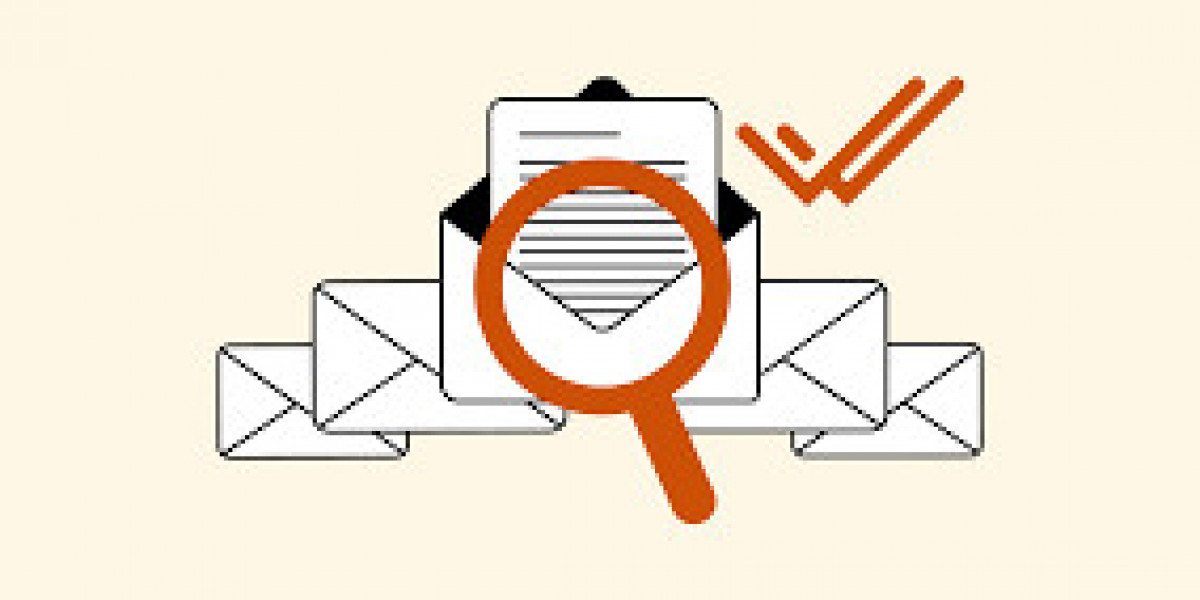This process is crucial in legal investigations and litigation to uncover evidence, verify the authenticity of emails, establish timelines, and determine the intentions of involved parties. Here are key aspects of email tracing in legal cases:
Email Header Analyzer:
Sender and Recipient Details: Examine the email header analysis to identify the sender and recipients, including their email addresses and names.
Timestamps: Analyze the timestamps to establish the chronological order of emails.
Metadata Examination:
Subject Line and Content: Scrutinize the subject line and content of emails to understand the context and intent of communication.
Attachments: Investigate attached files for metadata and relevance to the case.
Authentication and Integrity:
Digital Signatures: Check for digital signatures to authenticate the sender and ensure the integrity of the email content.
Hash Values: Use hashing algorithms to create unique fingerprints for emails and attachments, aiding in integrity verification.
Email Server Logs:
Server Timestamps: Access email server logs to verify the timestamps and track the routing of emails.
IP Addresses: Identify the IP addresses associated with email servers and devices involved in the communication.
Deleted or Altered Emails:
Recovery Techniques: Employ forensic tools to recover deleted emails or ascertain if any emails have been altered.
Forensic Imaging: Create forensic images of email servers or devices to preserve the current state for analysis.
Chain of Custody Documentation:
Record Keeping: Maintain a documented chain of custody for email evidence, detailing who accessed the evidence and when.
Legal Hold Implementation:
Preservation Policies: Ensure that relevant emails are preserved and not deleted through the implementation of legal hold policies.
Backup Systems: Regularly back up email systems to create additional copies of emails for reference.
Expert Testimony:
Forensic Experts: In complex cases, engage forensic experts to provide expert testimony on the email evidence and the forensic processes applied.
Compliance with Legal Standards:
Legal Consultation: Ensure that the email forensics process complies with legal standards and regulations.
Privacy Laws: Consider data protection and privacy laws when handling and analyzing email evidence.
Evidence Presentation:
Court-Admissible Reports: Prepare detailed and court-admissible reports based on the findings of the email forensics analysis.
Expert Witnesses: If necessary, present forensic experts as witnesses to testify about the email evidence.
Cross-Examination Preparedness:
Anticipate Challenges: Be prepared for cross-examination challenges by opposing parties, and ensure the credibility of the forensic methods used.
Email forensics in legal cases is a specialized field that requires expertise in both digital forensics and legal procedures. Legal professionals often collaborate with forensic experts to ensure the integrity and admissibility of email evidence in court.







